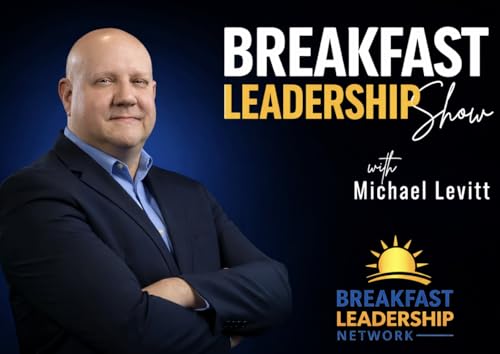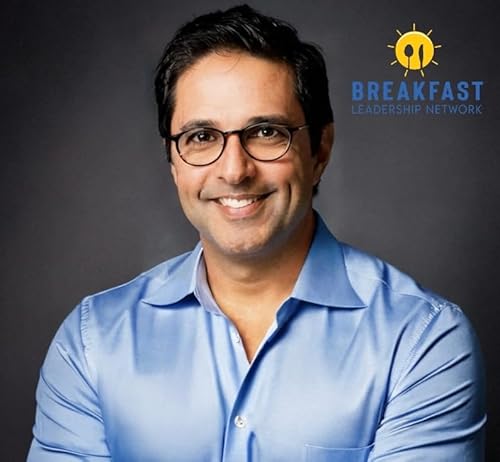Episode Overview In this episode, Michael sits down with Steven Puri, a former Hollywood studio executive turned founder of Sukha, to explore career reinvention, sustainable creativity, and the science behind focus and flow. Drawing from Steven’s journey through the film industry and his transition into building tools for deep work, the conversation uncovers practical strategies for productivity, work-life balance, and long-term creative success.
From Hollywood Sets to Studio Executive Leadership Steven and Michael begin by unpacking Michael’s career trajectory in the film industry, from working directly on major motion pictures to stepping into senior executive leadership. Michael shares stories from his time collaborating with renowned directors and how those formative experiences shaped his understanding of storytelling, leadership, and execution.
His career evolved into executive roles at DreamWorks as Executive Vice President, where he oversaw high-profile projects including Transformers and Fringe, and later as Vice President at 20th Century Fox, managing large-scale summer action franchises. These experiences laid the foundation for his later work in leadership, burnout prevention, and performance.
Crafting Success Through Sustainable Creative Environments Steven shares insights from his own career about the importance of craftsmanship and sustainability, particularly for writers and creative professionals. Rather than relying on bursts of inspiration, he emphasizes designing environments that consistently support deep focus and high-quality output.
He highlights examples of successful creatives who intentionally tied their work to specific locations, including writing teams who returned to the same villa in Puerto Vallarta or repeatedly booked the same room at the Universal Hilton to trigger a focused mental state. Steven encourages listeners to identify or create their own dedicated spaces that signal it is time to do meaningful work.
Remote Work Rituals and Focus Michael reflects on his early experience working remotely as far back as 2007, long before remote work became mainstream. He explains how he established rituals to mentally transition into and out of work, including maintaining a dedicated workspace, dressing as if going to an office, and even using intentional entry and exit routines to mark the workday.
Steven connects this to his own writing on the concept of “commuting to your home office,” reinforcing how rituals can replace the psychological cues that traditional offices once provided.
Work-Life Balance, Boundaries, and Productivity As a father and entrepreneur, Michael shares how he learned to balance presence with productivity. He discusses setting clear boundaries during work hours while remaining fully engaged with his children outside of them, a strategy that helped him avoid burnout while maintaining performance.
The conversation moves into procrastination and task management, with Michael explaining how breaking large projects into smaller, manageable steps helps reduce resistance. Steven adds insights from his work with Sukha, noting that limiting visible tasks to just three at a time can significantly improve focus and execution.
Flow States and High Performance The episode concludes with a deep dive into flow states, drawing on the research of psychologist Mihaly Csikszentmihalyi. Steven and Michael explore how elite performers across industries enter flow and the conditions required to sustain it.
Steven shares a pivotal personal experience of entering a deep flow state during a flight, which ultimately inspired the creation of Sukha. The company’s name itself came from a user who described how the tool helped them find balance between meaningful work and family life, perfectly capturing the mission behind the platform.
Key Takeaways -
Sustainable success is built through intentional environments and rituals, not constant hustle
-
Flow states can be designed, not left to chance
-
Clear boundaries support both productivity and well-being
-
Limiting task overload is a powerful antidote to burnout and procrastination
For more information on Steven Puri and his work, visit https://thesukha.co or reach out directly at https://www.thesukha.co/media
 19 mins
19 mins 37 mins
37 mins 27 mins
27 mins 10 mins
10 mins Jan 28 202627 mins
Jan 28 202627 mins Jan 26 202636 mins
Jan 26 202636 mins Jan 23 202614 mins
Jan 23 202614 mins Jan 21 2026Less than 1 minute
Jan 21 2026Less than 1 minute
